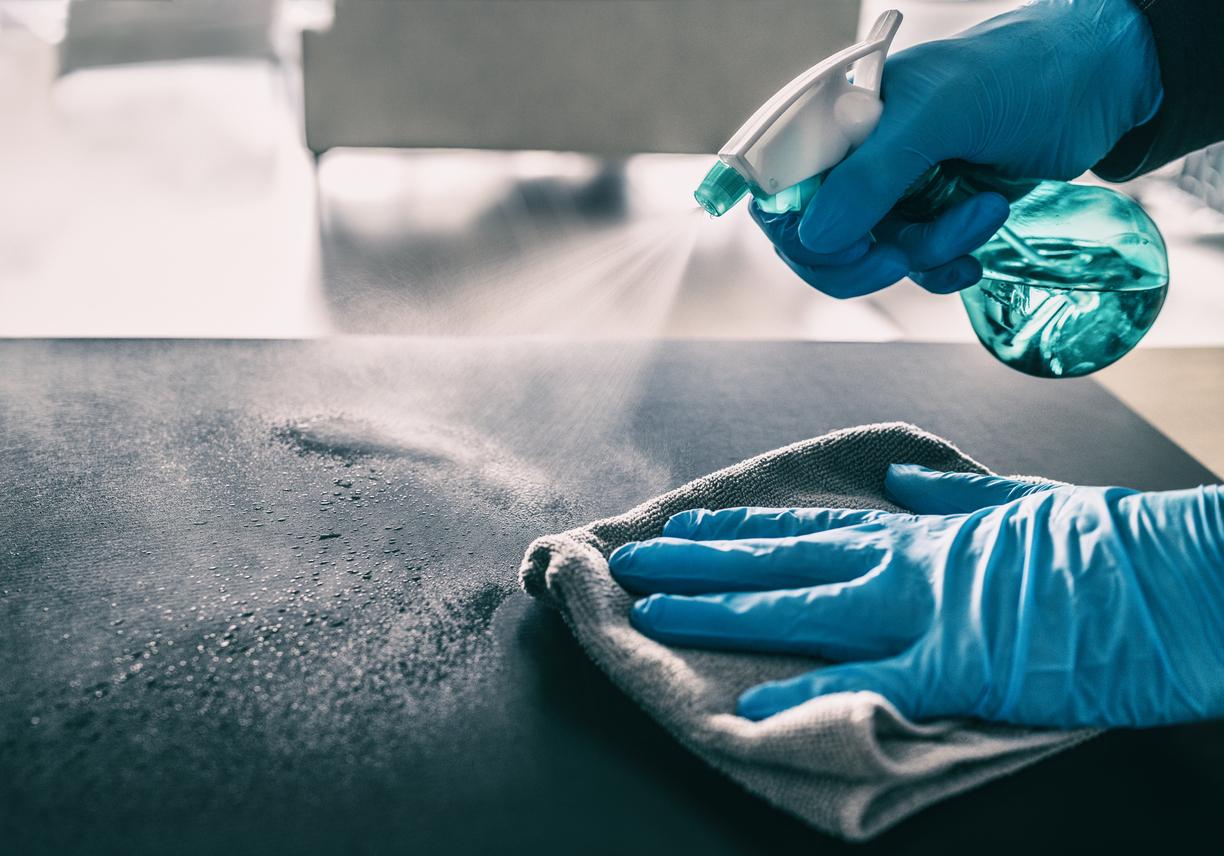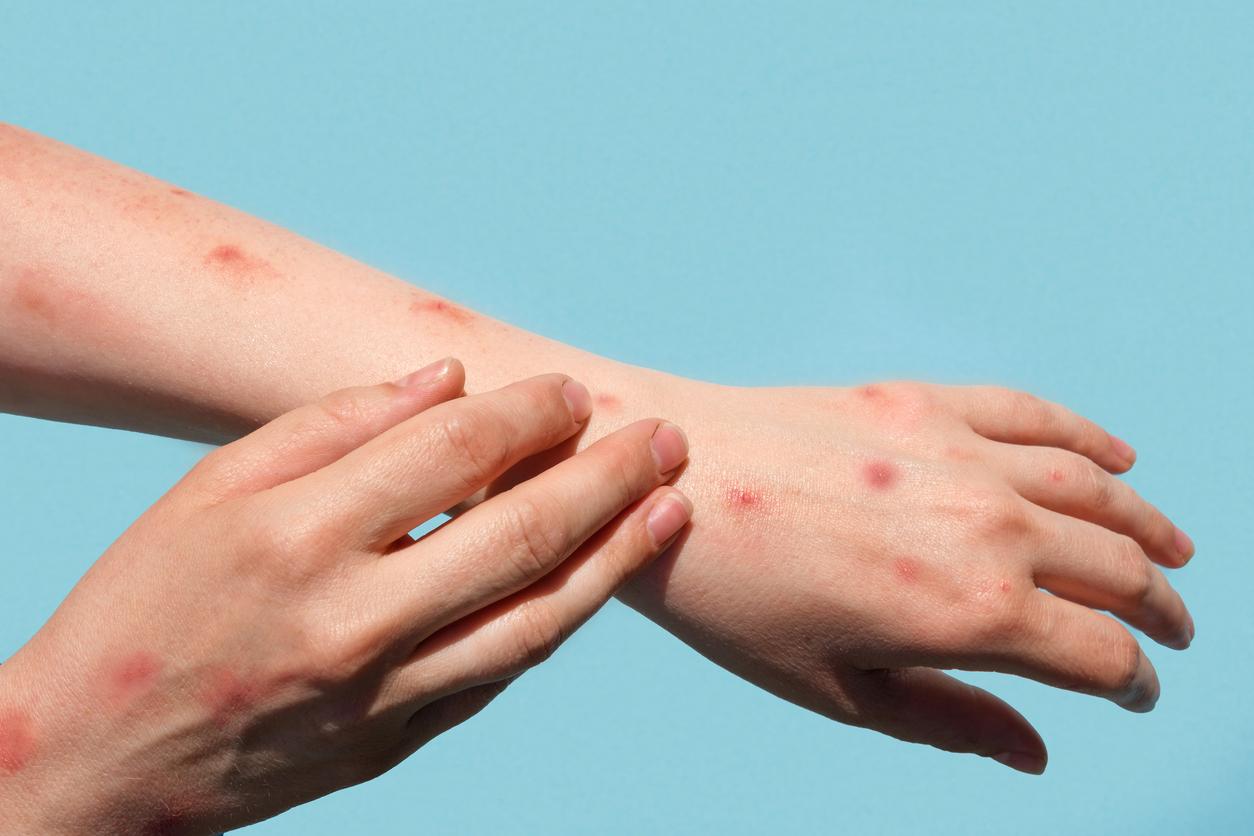Tamoxifen is prescribed after breast cancer to decrease the risk of relapse. According to a study published in the Journal of Clinical Oncology, one in six women (16%) does not follow the medical prescription after only one year of treatment.
Tamoxifen is a hormone therapy indicated for five to ten years after so-called hormone-sensitive breast cancer (80% of breast cancers), that is to say for which there are hormone receptors on cancer cells. ” the Hormone therapy treatment, which can cause variable side effects in particular menopausal symptoms, is unfortunately not always followed by women, although this penalizes them. This may indeed cause an increased risk relapse and death », Deplores Barbara Pistilli, oncologist at Gustave Roussy.
Why do women stop taking their hormonal therapy?
In addition to establishing a significant link between not taking the drug and the risk of relapse, the study is interesting insofar as it also identifies the profiles of women most likely to abandon their treatment, although essential. It’s about women more prone to side effects (fatigue, muscle and joint pain), who more often live alone or who suffer from other health problems.
Besides, “Having been treated with chemotherapy causes fatigue and this seems to be a barrier to taking hormonal treatment regularly. Paradoxically, not having received chemotherapy – indicated to reduce the risk of recurrence – also seems to decrease adherence to treatment ”, analyzes Dr Pistilli.
Towards better support for women in the aftermath of cancer
This study is based on the analysis of a cohort (CANTO) of 1,177 premenopausal women treated for localized breast cancer. Throughout their hormone therapy, blood biological assays of the drug were carried out on several occasions, in addition to a declarative compliance questionnaire. “We observe a significant dissociation between what these women dare to tell us and reality. We need to be able to understand why, in order to offer them better assistance and a more personalized approach.. It is important to change the way we manage these patients to improve their adherence to treatment. », Comments Dr Inès Vaz-Luis.
The doctors who conducted this study hope to develop solutions to improve the quality of life after breast cancer, while at the same time protecting against the risk of relapse.
Source: “young women relapse more of their breast cancer when they stop hormone therapy in the first year”, Inserm, June 23, 2020.
Read also
- Breast cancer: no reimbursement for tests predicting the risk of relapse
- Breast cancer and Covid: what impact?

















